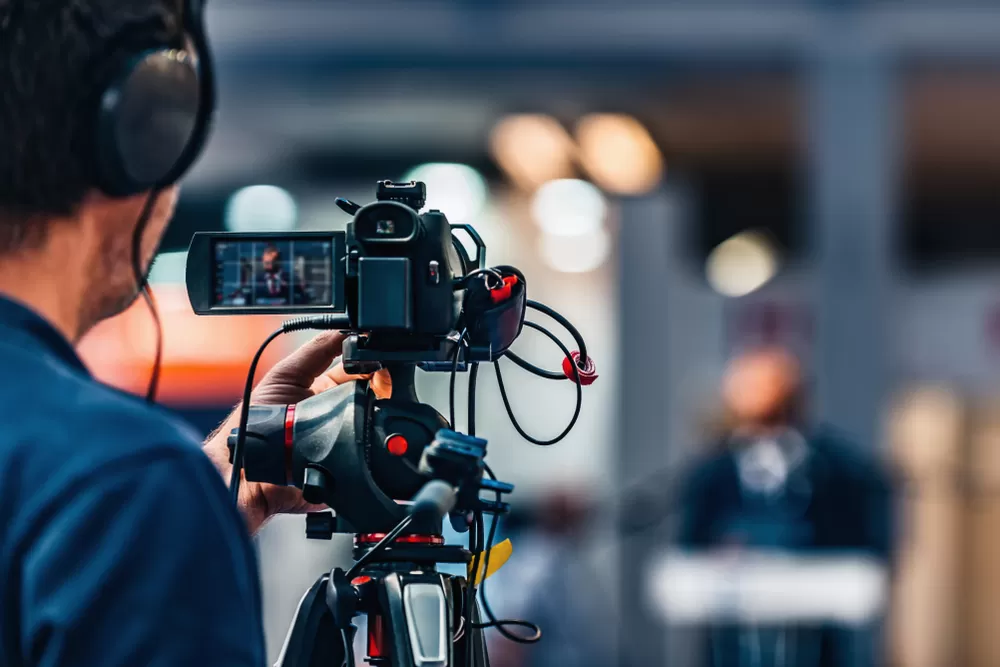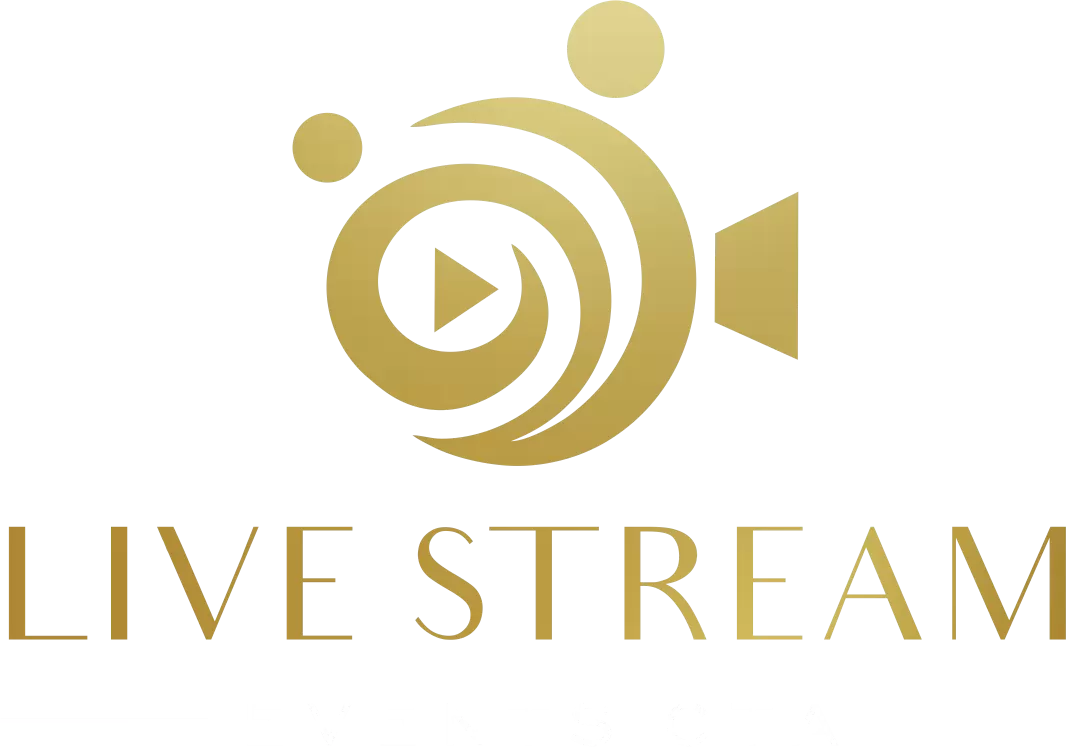The Ultimate Live Streaming Checklist for Your Next Event

Get ready to live stream your event with confidence using this comprehensive checklist. From preparation to execution, we’ve got you covered!
Live streaming has become an essential tool for event organizers to reach a wider audience and engage with their attendees in real time. Whether you’re hosting a conference, concert, or even a virtual summit, a well-executed livestream can enhance the overall experience and create lasting memories.
However, proper preparation is necessary for technical glitches and good engagement to ensure the success of your live stream. To help you avoid these pitfalls and provide a seamless live-streaming experience for your next event, we have created the ultimate checklist.
From optimizing your setup to engaging your audience effectively, this guide will provide you on how do you livestream an event with all the key steps to follow.
Pre-Event Preparation
Before going live, thorough preparation is crucial to ensuring smooth live streaming for events‘. Here are the key steps to follow:
1. Test your equipment:
Check your camera, microphone, and internet connection to ensure they are working properly. Conduct test streams to identify and address any technical issues.
2. Choose the right platform:
Select a live-streaming platform that caters to your event’s needs. Consider factors such as audience size, interactivity features, and monetization options.
3. Plan your content:
Create a detailed script or outline for your live stream, including key talking points, segments, and visuals. This will help you stay organized and deliver a structured and engaging experience.
4. Promote your live stream:
Build anticipation by promoting your live stream across your social media channels, website, and email newsletters. Encourage your audience to RSVP or subscribe for updates.
5. Prepare your speakers or presenters:
Share the live stream agenda with your speakers or presenters in advance. Conduct rehearsals to ensure everyone is comfortable with the format and aware of their roles.
6. Set up a backup plan:
Mishaps can happen, so always have a backup plan in case of technical difficulties. Prepare alternative equipment, internet connections, or even a backup streaming platform.
Content creation and planning
Creating compelling and engaging content is essential to keeping your viewers hooked throughout the livestream. Here’s what you need to focus on:
1. Define your goals:
Clearly define the purpose of your live stream and what you want to achieve. Is it to educate, entertain, or promote a product or service? Align your content accordingly.
2. Create an outline:
Plan the structure and flow of your live stream. Include a captivating introduction, engaging segments, and a memorable closing. Incorporate visuals, slides, or multimedia elements to enhance the content.
3. Practice storytelling:
Craft a compelling narrative that grabs attention and keeps the audience engaged. Use storytelling techniques to create emotional connections and deliver a memorable experience.
4. Call-to-action:
Plan a clear call-to-action (CTA) for your live stream. Whether it’s to visit a website, subscribe to a newsletter, or purchase a product, guide your viewers on what you want them to do next.
5. Guest speakers or performers:
Consider inviting guest speakers or performers to add variety and expertise to your livestream. Collaborating with industry experts or influencers can attract a larger audience and provide valuable insights.
6. Promote your live stream:
Create a buzz around your live stream by promoting it across various channels. Utilize social media, email newsletters, and event platforms to reach your target audience and build anticipation.
During the Live Stream
Once you’re live, it’s essential to engage your audience and provide a seamless experience. Follow these guidelines:
1. Interact with your audience:
Encourage viewers to comment, ask questions, or participate in polls. Respond to their comments and make them feel involved throughout the stream.
2. Monitor and adjust audio and video quality:
Regularly check the stream’s audio and video quality to ensure a smooth experience. Make adjustments if necessary to maintain optimal performance.
3. Manage transitions and visuals:
Smoothly transition between different segments or speakers. Utilize visual aids, such as slides or graphics, to enhance understanding and engagement.
4. Promote social sharing:
Encourage viewers to share your live stream on their social media platforms. Provide easily accessible links or buttons for sharing to expand your reach.
5. Monitor viewer analytics:
Monitor viewer metrics, such as watch time and engagement levels. This data will help you assess the success of your live stream and make improvements for future events.
6. Have a dedicated moderator:
Assign someone to monitor and respond to viewer comments, ensuring a positive and engaging experience for all participants.
Post-Event Follow-Up
After your live stream concludes, there are a few essential steps to take:
1. Save and repurpose your live stream:
Save a high-quality recording of your live stream for future use. Repurpose it as on-demand content or highlights for promotional purposes.
2. Analyze viewer feedback:
Collect feedback from your audience through surveys or social media comments. Analyzing this data will help you understand what worked well and identify areas for improvement.
3. Thank your audience:
Show your appreciation by sending a personalized thank-you message to your viewers. This gesture will foster a sense of community and encourage future engagement.
4. Evaluate your performance:
Assess the success of your live stream by reviewing the viewer analytics, feedback, and observations. Use this evaluation to refine your strategy for future events.
5. Plan for future live streams:
Apply the lessons from this event to improve your future livestream experiences. Incorporate new ideas, technologies, or engagement strategies based on your analysis.
6. Follow up with leads:
If your event had a business objective, reach out to potential leads or customers who engaged with your live stream. Nurture these relationships to drive conversions or further engagement.
‘Streamlining Your Live Streaming Success’
A well-executed live stream can enhance the reach and impact of your event. By following this comprehensive checklist, you can ensure a seamless live-streaming experience for your next event.
Remember to test your equipment, engage your audience, and analyze viewer feedback to improve your live streams continuously. Embrace the power of live streaming for events and create unforgettable virtual experiences that connect with your audience. Start planning today and take your events to the next level!
Ready to livestream your next event? Check out our comprehensive guide on how do you livestream an event and start engaging your audience like never before.
The Ultimate Live Streaming Checklist for Your Next Event Read More »



